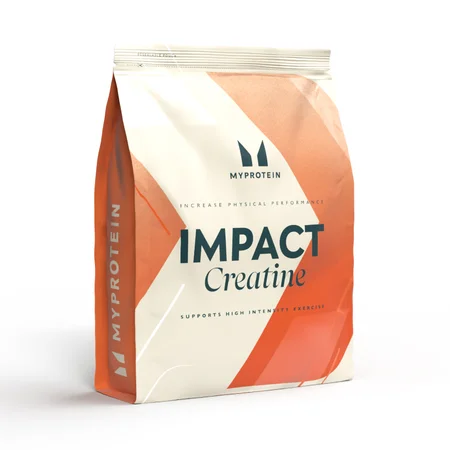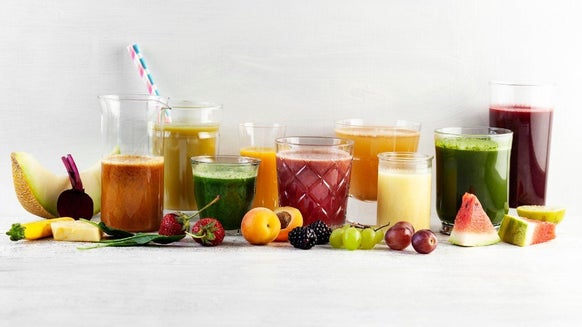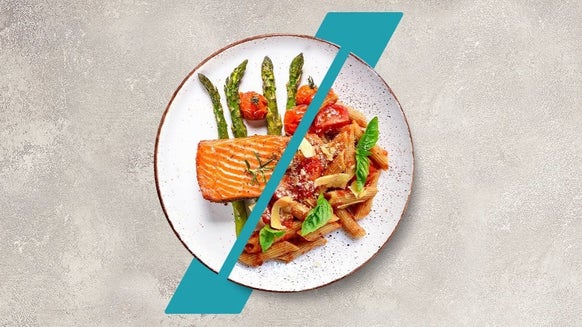Studies Link Coffee With Body Fat & Fatty Foods With Focus | This Week’s Top Studies

We want to help you stay at your peak level of performance which is why we think it’s important to share the latest sports nutrition and training studies. Take from it what you want, but there’s always something new and interesting to read about each week.
This week we’re looking at whether coffee consumption keeps you lean and if fatty food makes you lose focus. Let’s find out more.
Can coffee cause lower body fat?

We all know that coffee can have all kinds of benefits as a pre-workout, or just to get us through a busy day. What’s often debated, however, is how good coffee is for your overall health. Well, this study may have found an answer for its effect on body fat at least.
According to researchers who examined results from the National Health and Nutrition Examination Survey carried out by the Centre for Disease Control (CDC) in the USA, women who drink 2-3 cups of coffee each day tend to have a lower total body and abdominal fat percentage when compared to those who drink less.1
In fact, the results showed that the body fat percentage of women aged 22-44 was 3.4% lower on average than those who didn’t drink 2-3 cups of coffee per day. The percentage was even higher in women aged 45-69, with a body fat percentage that was 4.1% lower.
If you can’t manage 2-3 cups of caffeine per day, then don’t stress too much — the study found that it didn’t matter if the coffee was caffeinated or decaffeinated; the results were the same.
If you’re a bloke, however, you may see less pronounced results as men aged 22-44 had a body fat percentage only 1.4% lower than men who didn’t drink coffee.
The researchers reckon the reasoning for the lower fat percentage is down to bioactive compounds in the coffee that regulate weight.
Remember that although these results are interesting, that nutrition studies like this can’t definitively prove causation. For example, could the fat loss be down to something else that coffee drinkers have in common, such as increased activity levels?
Nevertheless, these are some interesting results — and if you needed an excuse to put the kettle on, then you just got one.
Fatty food and focus

However your life has changed recently, there’s no denying that plenty of us are feeling the strain of lockdown life. Working from home and missing out on socialising has got us all feeling like we deserve a few treats — and we totally do too. But could those high-fat foods be affecting your focus?
According to a new study, eating a high-fat meal can really affect your ability for concentrate on a task. The researchers tested the attention of 51 women after eating a meal high in saturated fat and then again after eating the same meal but made with unsaturated fat.
The results showed that the participant performed significantly better after the meal made with unsaturated fat. The researchers were especially struck by the fact that just one meal could make such a difference to the attention spans of the women.
It’s worth remembering too that both these meals were still high in fat — just different fats. It would be interesting to see the difference between a high-fat and a low-fat meal.
We all know that sluggish feeling after a big, high-fat meal — now it’s starting to make sense. Don’t forget, though, that some amount of fat in your diet is needed and demonising this essential macronutrient isn’t the answer.
If you’re struggling to concentrate at work, though, it might be worth seeing if a lower fat breakfast and lunch makes any difference.
Take home message
With gym gains taking a back seat for a lot of us, our diet is a great way to keep up the progress, so hopefully this week’s studies will help with that.
While it’s hard to prove anything for sure when it comes to nutrition (there’s just too many other lifestyle variables), it’s interesting to see if these little changes can make a difference for you.
READ THIS NEXT:









